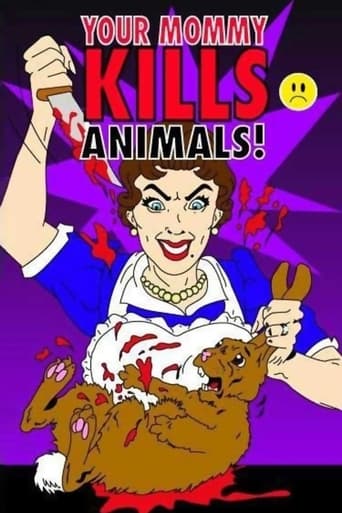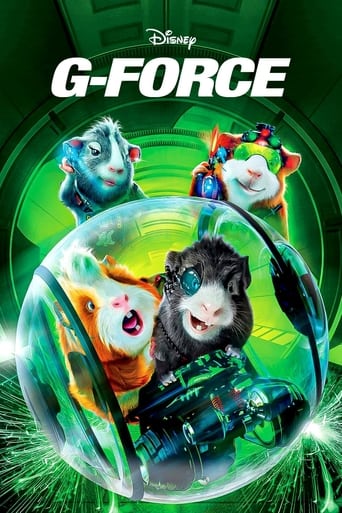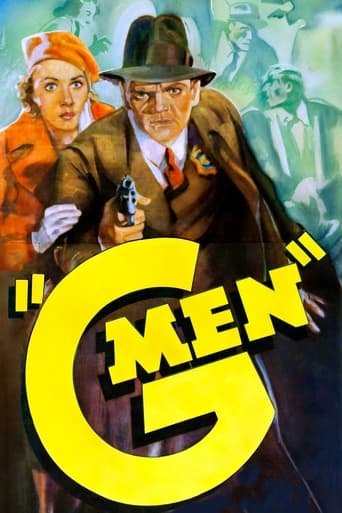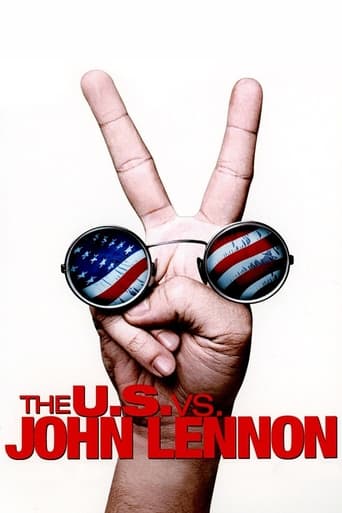


The U.S. vs. John Lennon
A documentary on the life of John Lennon, with a focus on the time in his life when he transformed from a musician into an antiwar activist.
-
- Cast:
- John Lennon , Yoko Ono , Tariq Ali , Carl Bernstein , Noam Chomsky , Mario Cuomo , Angela Davis


Similar titles
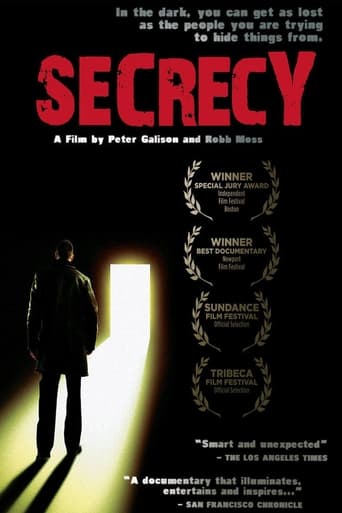
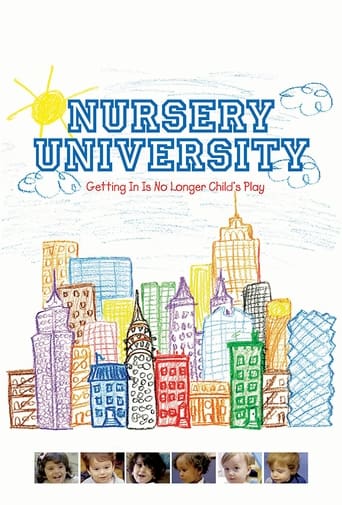
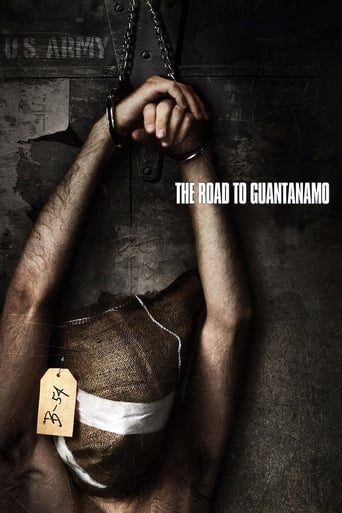
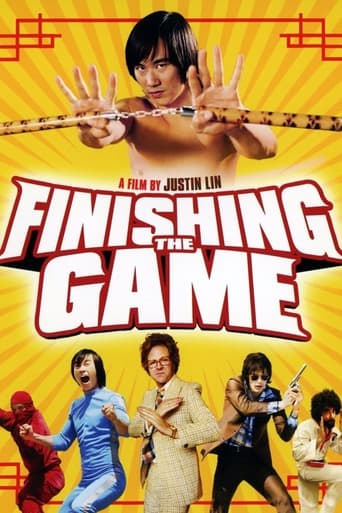
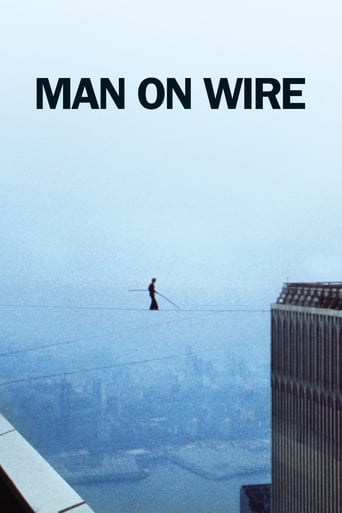
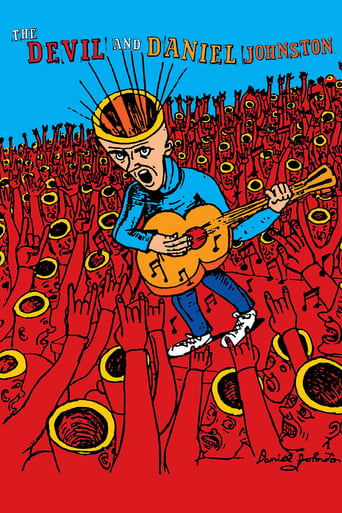
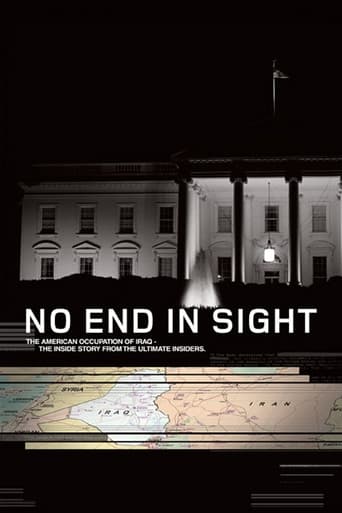
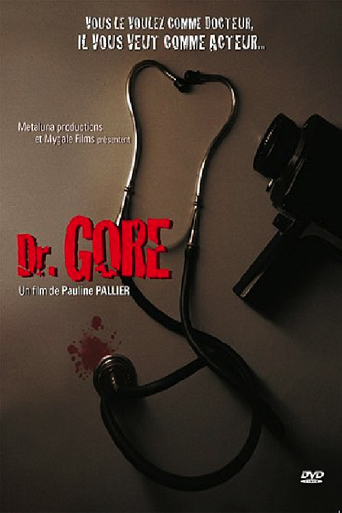

Reviews
the audience applauded
Pretty Good
I cannot think of one single thing that I would change about this film. The acting is incomparable, the directing deft, and the writing poignantly brilliant.
There's no way I can possibly love it entirely but I just think its ridiculously bad, but enjoyable at the same time.
When "The U.S. vs. John Lennon" came out, it was no doubt an allusion to everything that had gone on under George W. Bush. In fact, recently deceased interviewee Gore Vidal says "Lennon represented life, while Nixon - and Bush - represent death." The combination of the Civil Rights Movement and the Vietnam War led to unprecedented protests, and the US government responded mercilessly, with J. Edgar Hoover's FBI acting as more of a paramilitary force.The point that the documentary makes is that Lennon used his fame to fight for social justice like no one else had, and the Nixon administration - spurred on by the infamous Strom Thurmond - spared no effort in persecuting him for it. Everyone should see this documentary partially to understand what Lennon was all about, but also to understand what the US government is really up to when it talks about keeping "undesirables" out of the country. In the end, Yoko Ono notes that despite Lennon's murder, his message never died.Just so as not to be totally one-sided, the documentary interviews G. Gordon Liddy to get the government's side of the story. Liddy is just as creepy as ever. Other interviewees include Stew Albert (whom I knew personally), Tariq Ali, Carl Bernstein, Walter Cronkite, Ron Kovic, Bobby Seale, John Sinclair and Leon Wildes.
A concert made in order to ask the freedom of John Sinclair. Lennon was there and here begins The U.S. vs. John Lennon, a very entertaining and interesting documentary that first take us to what we already knew about Lennon to end focusing in his deportation problem. The reason of that problem is clear and obvious; the powerful footage is here and the picture features interviews with persons from that side and from the other side (close friends, historians, journalists, veterans, activists, senators, FBI ex-agents, Yoko Ono, etc) and that is quite interesting to hear persons that used to think quite different about Lennon but now those persons, in a neutral side, are glad that Lennon could won, partially. That interesting footage shows Lennon as we remember him and his music was, is and will be very powerful. The "Give Peace a Chance" part is amazing -John Lennon: If I'm going to get on the front page, I might as well get on the front page with the word peace. Gloria Emerson: but you've made yourself ridiculous! JL: to some people. I don't care if it saves lives. GE: you don't think you, oh my dear boy you're living in a never-never land you don't think you've saved a single life?JL: what were they singing in the moratorium? Give Peace a Chance And I'm glad they sang it AND WHEN I GET THERE I'LL SING IT WITH THEMThe "Mother" part, near the beginning, too and also I found perfect "Here We Go Again" during the part of the reelection of Nixon. "Instant Karma" (one of my personal favourites songs of Lennon) is at the credits of this documentary and made me stay watching and listening until the very end.Conclusion: The U.S. vs. John Lennon is a recommendable picture. Lennon was an admirable person and here his believes and his music are very well presented and the footage is great yet known since we already know who was Lennon and the main subject is interesting but obvious since, knowing who was Lennon, is easy to think the real reasons of why they wanted him outside the U.S. Anyway, I liked it a lot and I hope you can check it out. John Lennon (1940-1980)
The central premise of The US vs John Lennon (the latter as described in the Departed, of all movies, semi-sarcastically as "the president before Lincoln") is that public figures are always up for grabs if they come out on either side of the fence. Lennon was fervently anti-war- if very unsure about going all the way into the dangerous political zone (hence not going, wisely enough, to the violent demonstration that happened at the 1972 Republican convention)- and because of his connection with various people like Jerry Rubin and Abby Hoffmann, as well as questionable ties with the Black Panthers, he was monitored openly, and threatened with deportation for a bogus pot arrest in 1968. Nixon, meanwhile, was one of the all-time nut-job presidents when it came to the military, who ran in 68 on an "I'll-end-the-war-honorably" ticket and instead kept the war going for years, including invading Cambodia.Many of the facts brought up in this documentary aren't new, especially to those who were alive during the time it happened and the media went all over Lennon (so it goes in today's tabloids as well, only here it was some kind of real news). But they are presented compelling enough so that they can offer up some bits of insights for newer audiences to Lennon's music and politics. To be sure, it is a slanted argument, but slanted for the right reasons (you're bound to not find anyone in a doc like this saying "oh, Vietnam, not so bad", unless maybe Liddy). Yet the argument holds strong throughout, about the nature of political practice and the ideals of changing things not going well with the establishment. And there are questions raised for the audience, if not directly: should Lennon, who technically wasn't American, be apart of a movement that was going on, or just stuck to doing his songs and music? (The filmmakers, by the way, wisely cut out much at all to do with the Beatles, albeit they kind of skirmish past the whole issue of "Beatles bigger than Jesus" when it's presented more as a footnote of the outspoken side of Lennon than connecting to the main focus).It's interesting though to see the footage of the "bed-in", when Lennon and Ono did almost a kind of tour of protest-by-lethargy, and had the press in there as part of the ironic-not-quite-joke of the matter. And there's also fascination in seeing Lennon describe, candidly in archival interviews, the toll the media blitz and upheaval from the government had on him. Only towards the end do the directors start to waver the attention a little bit, even as it is, to be sure, part of the story of Lennon and his eventual tragic death in 1980. But the core idea behind the documentary is one that will always pose something that the viewer should look for: what is it about two unlikely connected figures- popular celebrity musician-cum-activist and one of the craziest presidents this country ever had- that still seems relevant today? Can people take away anything from Lennon's struggle with the powers-that-be? It might be a little obvious (i.e. getting past apathetic stances and doing nothing to just trying to do 'something'), but the point is made nonetheless in the film, and not in a manner that is too schmaltzy or heavy-handed. Just make sure you don't have a BS drug bust to worry about.
Check it out! The man, the legend pushed what he believed in and there was no stopping him. I wish he was still around today, in spirit he is, but I don't believe the message to be enough. One has to make a stand and not feel intimidated. Lennons message is ten forth more valuable today then it was back then. Peace and Love is the answer and you know that for sure. Bush is a symbol of death. War is over if you want it. The young need to rise even more so than in the past. Do not listen to this madness, don't buy what you are being told. Life is ten forth easier then they make it out to be and it is never thanks to politicians but a the righteous God to which they pretend to pray.

